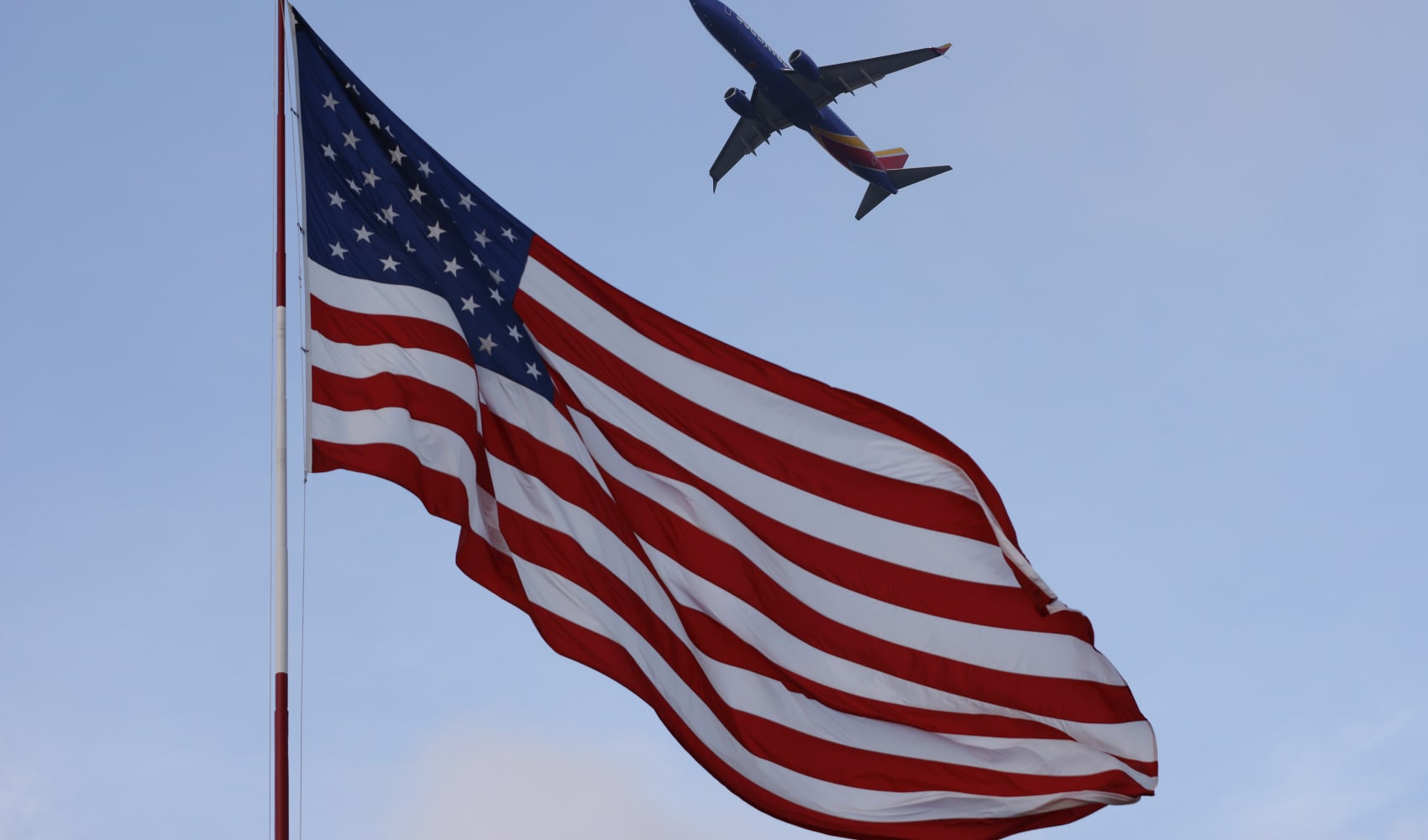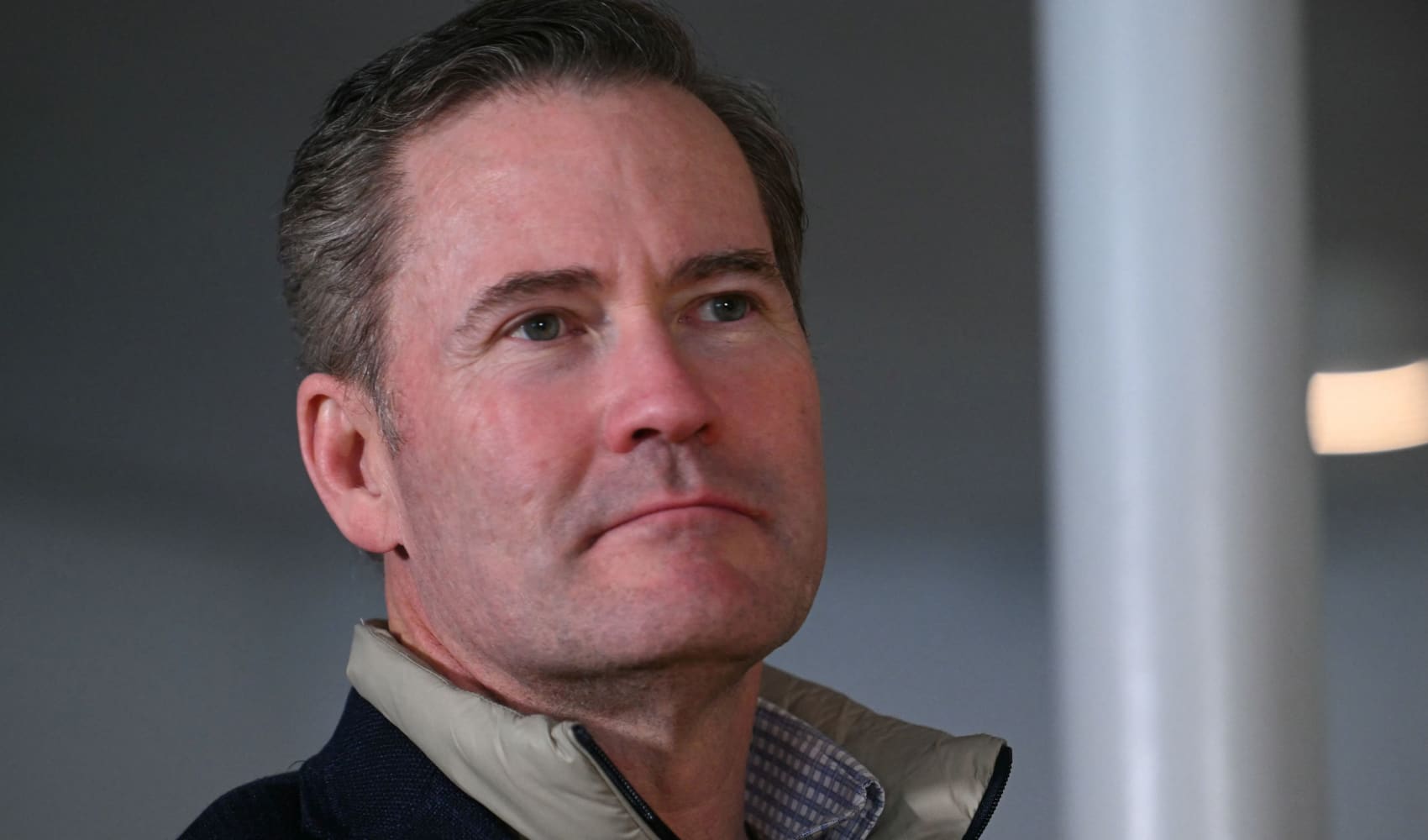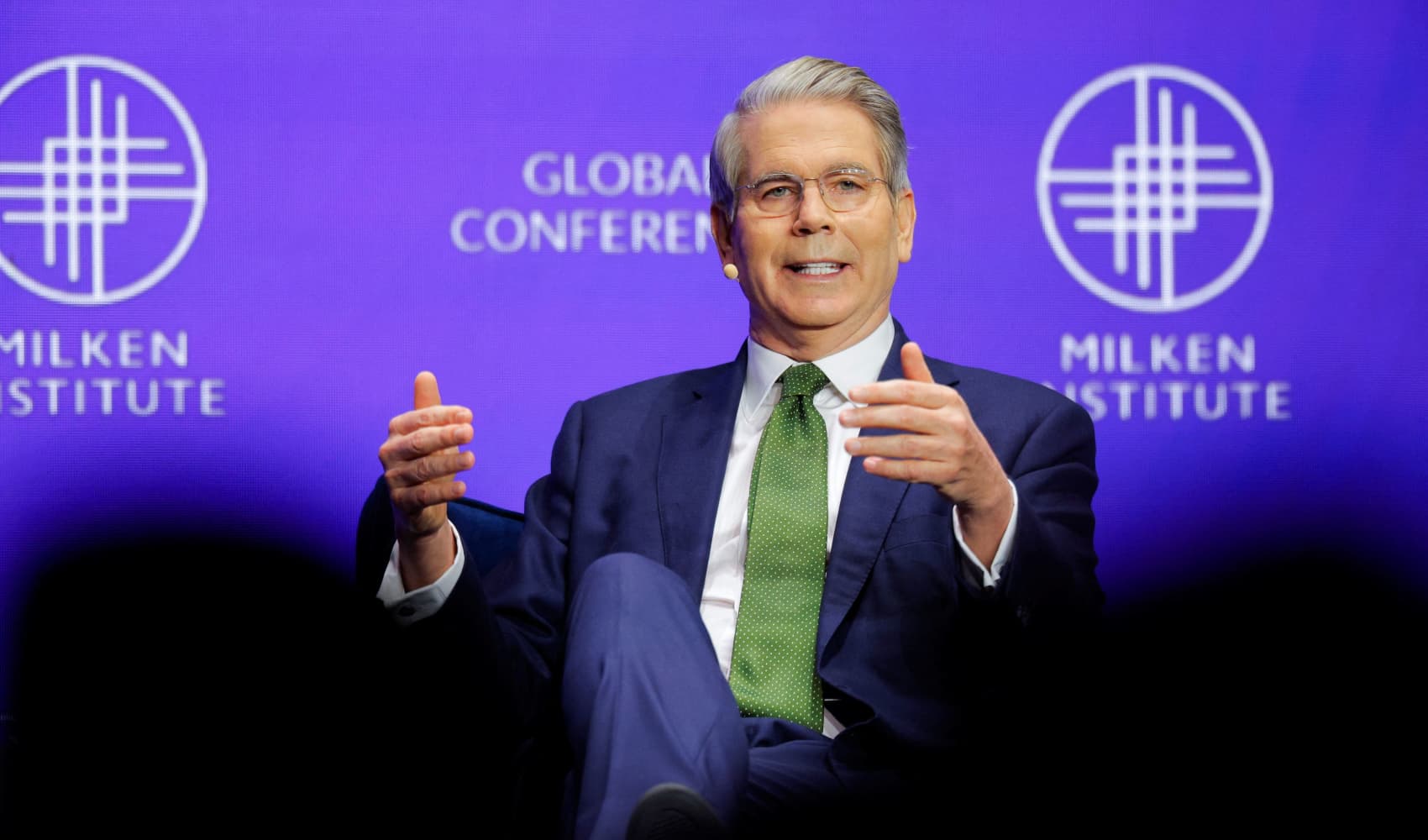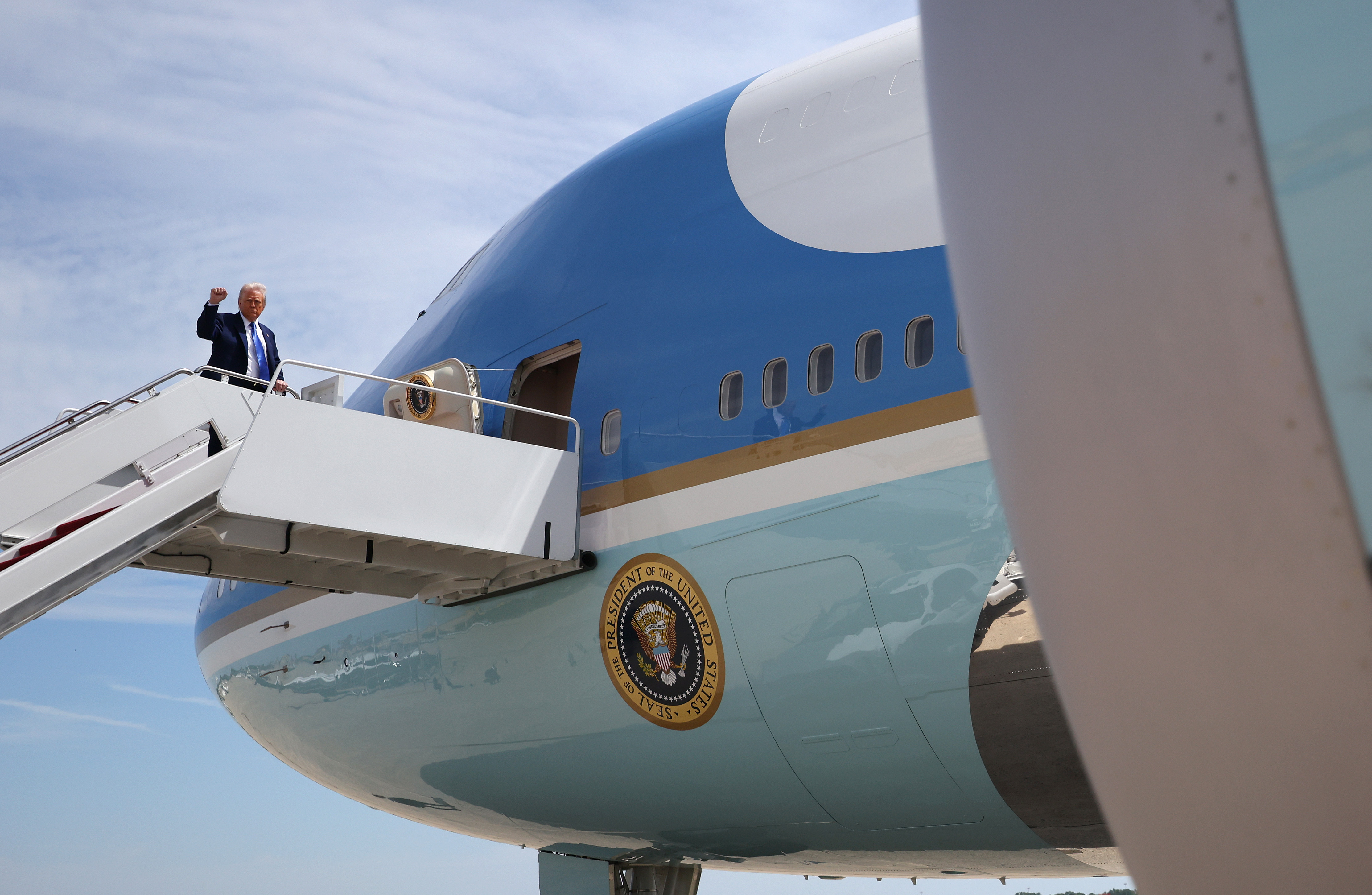Trump's "America First": Is the US Falling Behind?
CNBC Daily Open: Is Trump's 'America First' Leaving the U.S. Behind?
Introduction: A Shifting Global Landscape
Good morning, investors! As the trading week kicks off, the global economy is a swirling mix of opportunity and uncertainty. While last week saw stocks close in the green, U.S. futures are showing a slight dip Sunday night, hinting at potential headwinds. But beyond the daily fluctuations, a larger question looms: Is the "America First" ideology, championed by former President Donald Trump, truly serving America's long-term interests? Let's dive into the key headlines and dissect the potential implications.
The Week Ahead: Earnings, Inflation, and Jobs
Hold on to your hats! This week is absolutely packed with critical economic data. Get ready for a barrage of earnings reports from the "Magnificent Seven" tech giants – Apple, Microsoft, Alphabet (Google), Amazon, Nvidia, Meta (Facebook), and Tesla – companies that hold significant sway over the market's direction. We'll also be closely watching inflation figures and jobs data, all of which will significantly influence the Federal Reserve's future policy decisions.
China's Economic Support Push
Across the Pacific, China is taking decisive action. At a Politburo meeting last Friday, the Chinese government called for increased economic support. This move signals a potential shift in China's approach to stimulating growth, particularly after a period of stringent regulations. Will this new focus on economic support impact global demand and commodity prices? It's a question worth pondering.
Deep-Sea Mining: A New Frontier?
Former U.S. President Donald Trump recently signed an executive order aimed at jump-starting deep-sea mining. This controversial initiative raises several key questions. Are we ready to exploit the resources of the ocean floor? What are the potential environmental consequences? And how will this affect international regulations regarding seabed mining?
The Promise and Peril of Seabed Resources
The allure of deep-sea mining lies in the potential access to valuable minerals, including cobalt, nickel, and manganese, crucial components in batteries and electronics. However, the environmental risks are substantial, potentially disrupting fragile ecosystems and harming marine life. It's a high-stakes gamble with potentially irreversible consequences.
Southeast Asia: Forging Its Own Path
As the U.S.-China trade war continues, Southeast Asian nations are increasingly looking inward, strengthening economic ties amongst themselves. Faced with tariffs and uncertainty, they're building their own regional partnerships. Could this be a sign of a broader shift towards a multipolar world?
Building Regional Resilience
By fostering closer trade relationships and reducing their reliance on both the U.S. and China, Southeast Asian countries are aiming to create a more resilient economic bloc. This strategy could provide a buffer against global economic shocks and empower them to navigate the complexities of the evolving world order.
'America First': A Look at the Ideology
At the heart of the matter lies the "America First" ideology, which prioritizes domestic interests above all else. The assumption is that the world needs America more than America needs the world. But is this assumption accurate in today's interconnected global economy?
The US: Global Leader or Lone Wolf?
Is there a risk that by prioritizing its own interests too aggressively, the U.S. might isolate itself and miss out on opportunities for collaboration and growth? Could a more collaborative approach be more beneficial in the long run? It's a debate with far-reaching implications.
The Global Interdependence: A Reality Check
The reality is that the global economy is incredibly complex and interconnected. Supply chains span continents, financial markets are intertwined, and global challenges like climate change require international cooperation. Can any nation truly thrive in isolation?
Comparative Analysis: Historical Parallels
Throughout history, numerous empires have risen and fallen. A common thread in their decline is often a focus on internal affairs at the expense of international engagement. Can we learn from these historical precedents?
The Trade Deficit Debate
One of the key arguments behind "America First" is the desire to reduce the trade deficit. However, trade deficits aren't necessarily a sign of economic weakness. They can also reflect strong domestic demand and investment. Is a relentless focus on eliminating the trade deficit a misguided priority?
Innovation and Collaboration
Many of the greatest technological advancements and economic breakthroughs have come about through international collaboration and the exchange of ideas. Could a more open and collaborative approach foster greater innovation and accelerate economic growth?
Geopolitical Implications
The "America First" approach can also have significant geopolitical implications. By alienating allies and weakening international institutions, it can create a power vacuum that rivals may seek to fill. Is there a risk that this could undermine U.S. influence and security in the long run?
The Future of Global Trade
The future of global trade is likely to be shaped by a combination of factors, including technological advancements, shifting geopolitical dynamics, and evolving consumer preferences. Will the U.S. be at the forefront of these developments, or will it be left behind?
Navigating Uncertainty: Investment Strategies
In this uncertain environment, investors need to be prepared to adapt. Diversifying portfolios, monitoring global developments, and staying informed are crucial strategies for navigating the complexities of the modern market.
Conclusion: Charting a Course Forward
The "America First" ideology presents both opportunities and challenges. While prioritizing domestic interests is understandable, it's crucial to recognize the interconnectedness of the global economy and the importance of international collaboration. The key takeaway is this: Striking a balance between national interests and global engagement is essential for ensuring long-term prosperity and stability. We must carefully consider whether prioritizing "America First" is truly putting America ahead in the long run, or inadvertently leaving it behind.
Frequently Asked Questions (FAQs)
Here are some frequently asked questions about the topics covered in this article:
-
What exactly does "America First" mean in economic terms?
Generally, it means prioritizing domestic production and jobs, often through protectionist policies like tariffs and trade barriers, with the goal of reducing trade deficits and boosting the U.S. economy.
-
How does the U.S.-China trade war affect global markets?
It creates uncertainty, disrupts supply chains, and can lead to higher prices for consumers. It also encourages countries to seek alternative trading partners, potentially reshaping global trade patterns.
-
What are the potential environmental risks of deep-sea mining?
Deep-sea mining can disrupt fragile ecosystems, destroy habitats, and release toxic chemicals into the water column. The long-term consequences are still largely unknown.
-
What is the significance of the "Magnificent Seven" earnings reports?
These companies represent a large portion of the U.S. stock market, and their performance provides a key indicator of the overall health of the economy and the technology sector.
-
How can investors protect their portfolios in an uncertain global economy?
Diversification is key. Investors should consider spreading their investments across different asset classes, geographic regions, and sectors. Staying informed and regularly reviewing your portfolio are also crucial.




